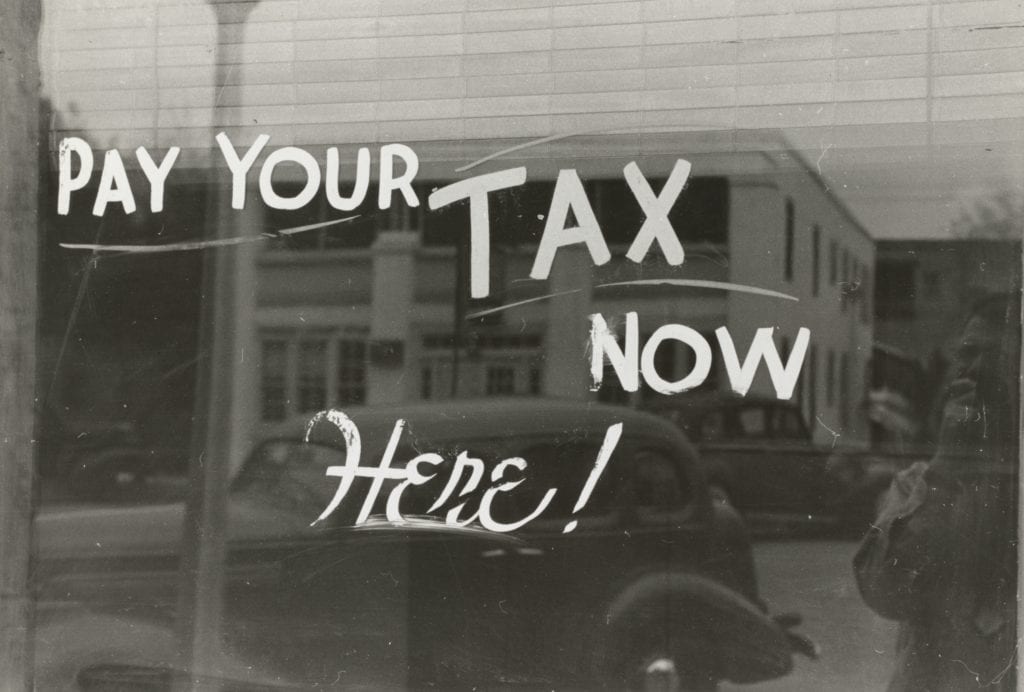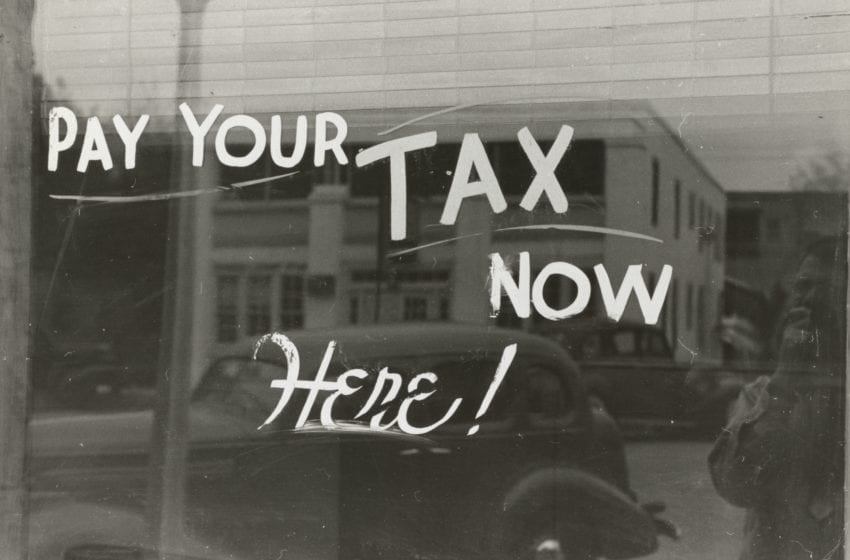
Oregon Ballot Measure 108, a new tax on e-cigarette products and a tax increase on tobacco products is going to hurt local businesses because the products will affect what consumers can afford. It could also drive current vapers back to combustible cigarettes. E-cigarettes would be taxed at the rate of 65 percent of the wholesale sales price under the measure.
The new e-cigarette tax would not include products that have been approved by the U.S. Food and Drug Administration to help people quit smoking. It also does not include e-cigarettes sold for the purpose of vaporizing marijuana.
Oregon’s NewsChannel 21 stated Wednesday that it spoken with representatives of Smoke This, High Mountain Mist and Valley Vapors, three vape shops that say customers have expressed concern about the possible tax hikes.
Measure 108 would raise the state’s cigarette tax by $2 per pack and tax e-cigarettes for the first time in Oregon. Currently, Oregon’s cigarette tax is $1.33 cents per stamp for a pack of 20 cigarettes.
Supporters say such increases bring Oregon’s cigarette taxes in line with Washington and California. That means it would likely stop Washingtonians from driving across the state boundary to buy cheaper cigarettes.
Jamie Dunphy, Oregon government relations director with the American Cancer Society Cancer Action Network, says the measure is about public health.
“Evidence shows that e-cigarette use directly leads to tobacco use, and it directly leads to cancers, and it directly leads to a lot of health disparities that cause lifelong problems.” Several studies have shown all three claims to be false.
Jason Weber, CEO of Vape Crusader, is working with local businesses in the “No On 108” campaign. He said the new tax would cause some businesses to take a hit. “A 65 percent tax on every product in our vaping stores is detrimental to our businesses,” Weber said. “I would say somewhere around 90 or 95 percent of us would have to shut down.”
Weber explained that there are parameters in place to keep people safe and healthy. “All of our stores are 21 and older, so youth can’t come in our stores as is,” Weber said. “Again, these products have been proven 95 percent safer than smoking.
“And then for the argument (that) this leads to tobacco use — well if that was the case, we’d see tobacco use skyrocket right now,” he said. “We don’t — we see that the CDC says it’s a 34 percent drop in vaping in the last year.”
The American Cancer Society said the tax dollars will go toward intervention, public services, rehabilitation and tobacco education programs. The bill states that 90 percent of tax revenues would go to the Oregon Health Authority to pay for the treatment of sick people, especially those suffering from mental illnesses. The remaining 10 percent would go to tribal health providers and other culturally specific health programs for tobacco cessation efforts.

